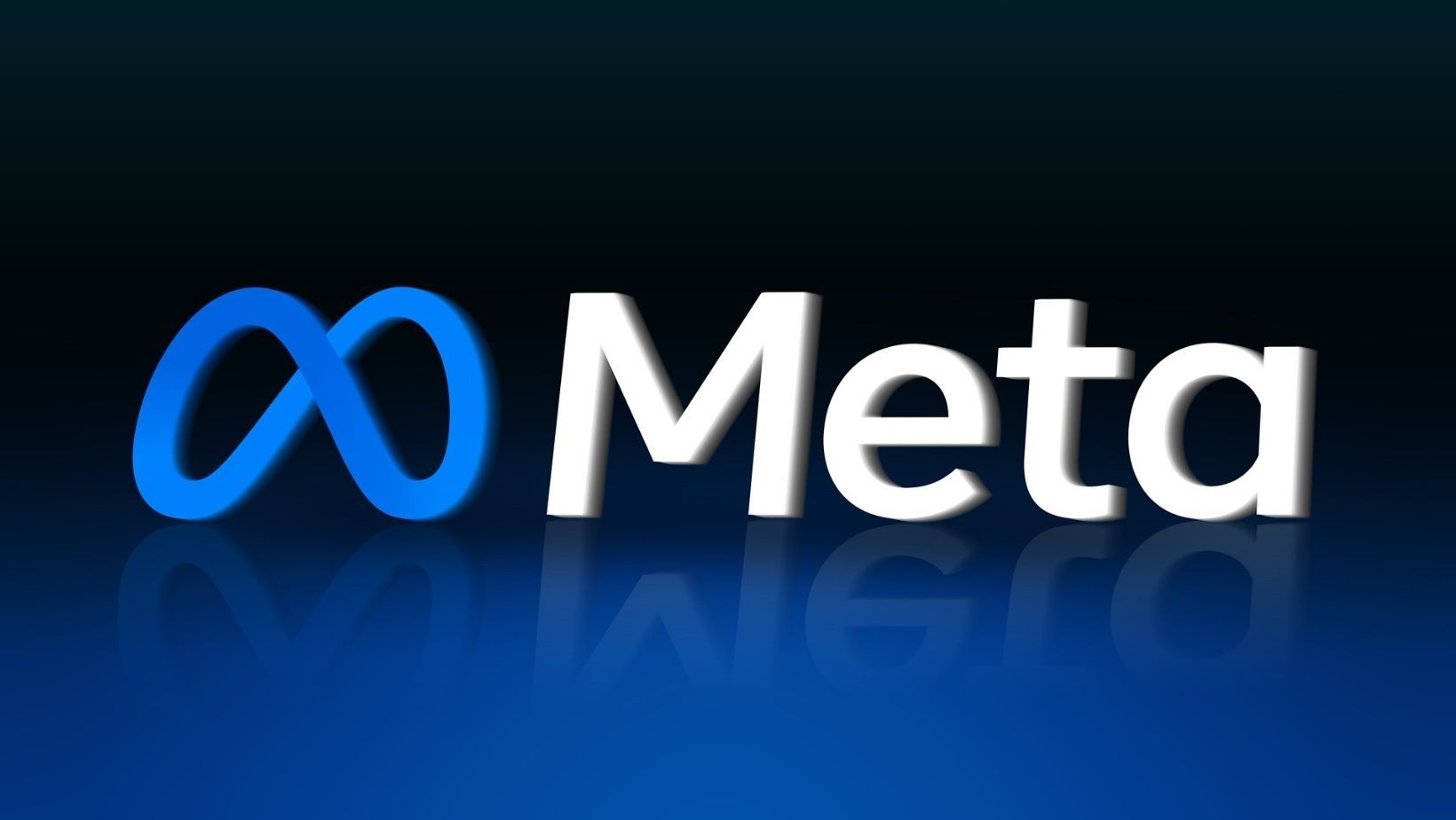
Meta Ceases Payments to Australian Content Creators In Its Move Away From News
In a striking upheaval in content monetization, Meta, formerly known as Facebook, has recently revealed plans to cease payments to Australian content publishers. The decision forms part of an overarching strategy to reel back from news-focused content and pave the way for a new direction. But what does this move mean for Australian publishers? How will the global landscape of news dissemination be affected, and what is Meta's vision for future digital engagement?
For the larger part of Facebook's existence, it has bankrolled premium content from Australian publishers. Millions of users have remained engaged on Facebook's platform, soaking up news articles and feature stories from their favorite publishers. Facebook has compensated these publishers in return, essentially funding their production of sharable, click-worthy content.
However, the paradigm is shifting now with Meta's latest move. The tech giant's decision to stop paying for the content provided by Australian publishers marks a seminal moment in the digital content dynamics and possibly sets a precedent for other tech entities as it pivots away from being a news-sharing platform.
Several factors have caused Meta's decision to re-orient its position in the global digital communication matrix. The first reason is traceable to Australia's News Media Bargaining Code which was enacted in 2020. This legislation mandated tech giants like Meta and Google to broker payment deals with Australian news outlets for their content, an initiative seen as a battle for a just distribution of advertising dollars.
Despite initially resisting the legislation, Meta finally agreed to a million-dollar deal with Rupert Murdoch's News Corp in March 2021. However, within a year, the organization has decided to stop paying Australian publishers, which can be construed as Meta regaining control over its content partnerships and re-negotiating its terms.
The second reason, and perhaps the most impactful, revolves around Meta's rebranding and strategic shift towards building a robust 'metaverse'. Meta is prioritizing investments in new technologies and immersive user experiences instead of focusing on news-sharing.
From the Australian publishers' perspective, Meta's decision to terminate payments for content could have far-reaching implications. These organizations have, until now, relied on Meta's platform as a significant source of revenue and viewer engagement.
The immediate aftermath of this strategic shift could see Australian publishers grappling with revenue shortfalls and seeking alternative ways to lure audiences to their content. The long-term impacts could involve a structural change within the organizations as they scramble to recalibrate their business models to this new digital reality.
Meta's vision for the future is to focus less on being a social media or news-sharing platform and more on being a pioneer of the next digital frontier, the metaverse. CEO Mark Zuckerberg plans to transform the company into a technology conglomerate that offers virtual reality (VR), augmented reality (AR), and other frontier tech solutions.
Meta has already begun investing heavily in developing hardware like advanced VR headsets and software to realize this vision. The firm believes that its foray into these areas will redefine digital engagement in the future.
Global observers are keenly watching Meta's moves, and this could potentially impact how similar global tech giants relate with news publishers. If Meta's strategy proves successful, it might inspire other tech giants to lessen their dependence on news content as well.
On the other hand, international news publishers are likely to reassess their digital strategies and perhaps reimagine their content syndication models. It might be an opportune moment for publishers to explore alternate digital platforms or adapt to emerging technologies themselves.
As Meta moves away from news content representation and stops payments to Australian publishers, a new chapter in digital content landscapes takes shape. Though the reasons driving the change include external regional laws and a strategic shift towards new technology, the impacts are likely to be far-reaching, affecting global seismic movements in the industry.
While the strategic shift could initiate significant uncertainties for Australian publishers, it could also instigate innovation and evolution within the industry. Ultimately, Meta's surprising move can be viewed as not just a recalibration of business strategies but also a reflection of the continually evolving nature of the digital world.
